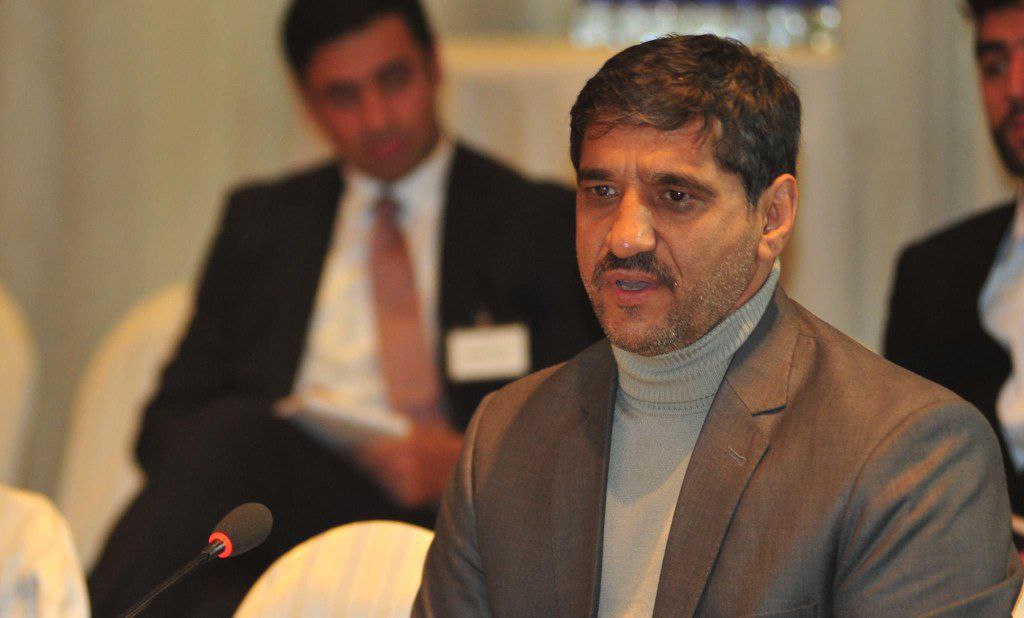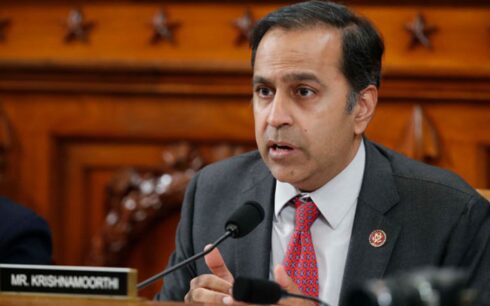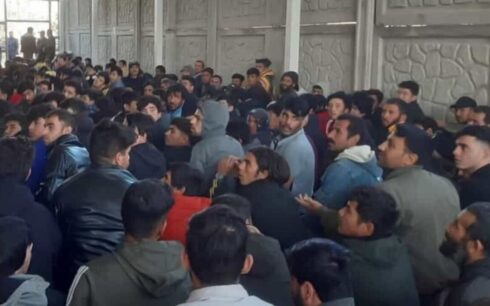The arrest of Jawed Kohistani, a prominent political and military analyst, by the Taliban has sparked widespread condemnation, with critics citing concerns about his health and human rights abuses.
Kohistani, who recently underwent heart surgery in Pakistan, was detained in Kabul last Thursday, according to his relatives. Despite being aware of his medical condition, the Taliban’s intelligence forces reportedly proceeded with the arrest. Kohistani had been living in Afghanistan under the Taliban’s promise of a “general amnesty” for former government officials and critics.
Nasir Ahmad Andisha, Afghanistan’s Permanent Representative to the United Nations in Geneva, criticized the arrest during a UN human rights session, calling it a violation of Islamic values and human rights. “A well-known political analyst, who trusted the Taliban’s amnesty and remained in the country, has been abducted and taken to an undisclosed location,” Andisha said. He also noted that Kohistani’s daughter, a prominent human rights activist, has been calling for his immediate release.
Kohistani, a vocal critic of the Taliban prior to their takeover of Afghanistan in August 2021, had spent time abroad following the collapse of the Afghan government. He returned to Kabul after the Taliban declared an amnesty, intended to allow former officials and critics to safely remain in the country. His detention, however, has fueled growing concerns that the Taliban is using arrests to silence dissent and spread fear among journalists, activists, and political analysts.
Human rights organizations have condemned the arrest. Halima Pajhwok, a human rights defender, highlighted the growing repression under Taliban rule. “The world is witnessing the brutal conditions in Afghanistan. People have a right to live without fear of torture and restrictions,” Pajhwok said. She also pointed to the dire situation faced by women and girls under Taliban rule, noting that many are being held in detention without charge.
The Rawadari Organization, a human rights group, reported that at least 614 individuals have been detained by the Taliban in the first six months of this year, underscoring the increasingly authoritarian nature of the regime.
Adding to the concerns, two Afghan journalists, Mohammad Arif Hijran and Ahmad Kamran, were recently sentenced to two years in prison by the Taliban, further exemplifying the group’s crackdown on free speech and independent journalism.
The international community continues to call for the release of Kohistani and other detained figures, but the Taliban’s opaque judicial practices and lack of transparency have made it difficult to secure their freedom.





